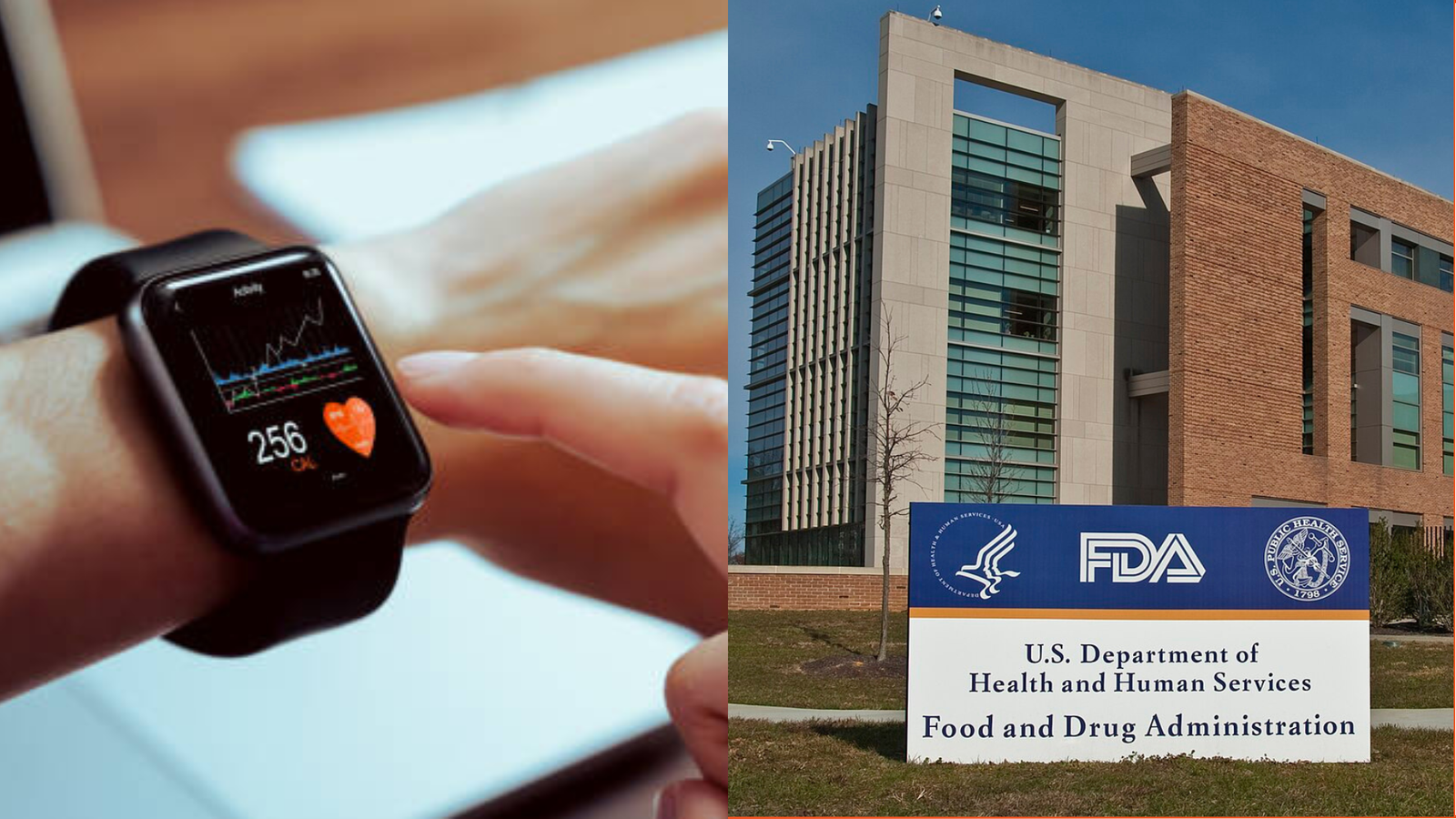In June 2025, the Department of Health – Abu Dhabi (DoH), introduced their new Health Technology Assessment (HTA) Guidelines, establishing a formal process that sets out how new health technologies will be reviewed before they can be accepted and funded in Abu Dhabi.
The guidelines, now effective, are aimed at manufacturers, healthcare providers, pharmaceutical and healthtech companies, and public and private entities responsible for funding healthcare services (referred to as “payers”).
At their core, the guidelines aim to answer a simple but important question: Is this technology safe, (cost) effective, and worth paying for with public money? They provide a step-by-step framework that companies must follow when seeking reimbursement for a healthtech product, and explain how the DoH will assess whether that product delivers enough health value to justify the cost.
What HTA Covers
HTA is defined in the guidelines as a structured, evidence-based process for evaluating the value of a health technology over its full lifecycle. This means looking not just at clinical outcomes like effectiveness and safety, but also at how much the technology costs, whether it raises ethical or social concerns, and how it handles data privacy and security (especially for digital products).
The 2025 HTA Guidelines are aimed at manufacturers, healthcare providers, and pharmaceutical and healthtech companies. They also target public and private payers responsible for funding healthcare services.
This approach is aligned with international best practices of the World Health Organization, the European Network for Health Technology Assessment (EUnetHTA), and the International Network of Agencies for Health Technology Assessment (INAHTA), while also adapting the methodology to Abu Dhabi’s regulatory and healthcare priorities.
Scope of Application
The guidelines apply to a wide range of technologies:
- Innovative drugs (e.g. biologics, gene therapies)
- Medical devices and diagnostics (including AI and IoT tools)
- Digital health platforms, wearables, and public health interventions
The categories that are excluded are generics, low-cost products (expected annual utilisation less than AED 10 million annually or per patient cost less than AED 100,000 per year), minor formulation changes, cosmetic and food supplements, and technologies lacking credible clinical data. This helps keep the process focused on high-impact and clinically important innovations where rigorous review is most needed.
Overview of the Guidelines
HTA Process
HTA in Abu Dhabi will now follow two parallel tracks: a clinical assessment and an economic assessment. This ensures that new technologies are reviewed from medical, financial, and regulatory perspectives.
For pharmaceuticals, companies can request HTA Early Advice; an informal consultation with the DoH to clarify whether a full submission is needed. This helps them plan ahead and avoid delays. The DoH typically responds to these requests within 20 working days.
For medical devices, the process begins with a safety and information security evaluation (per Circular 31/2021). Only after passing this step can a full HTA review be initiated. This helps ensure that reimbursed devices meet both clinical and digital safety standards.
Submission Requirements
Applicants must submit a full HTA dossier, including:
- Clinical evidence, ideally from randomized controlled trials documenting the technology’s efficacy and safety
- A cost-effectiveness analysis comparing the proposed technology to the most relevant existing option, using local healthcare cost data and justified assumptions
- A budget impact analysis estimating the expected financial burden of adopting the technology over a three-year period
- A burden of disease analysis if requested by the DoH (this is generally mandated in cases where the impact of the disease is not clear)
- A document addressing equity issues must also be submitted if determined by the DoH. The concept of equity in healthcare emphasizes fairness in the allocation of resources, technologies, and outcomes among individuals or groups.
- For technologies involving data processing or digital systems, applicants must demonstrate full compliance with DoH digital health and information security requirements and standards.
Submission can be emailed to adhtac@doh.gov.ae and are checked for completeness before formal review.
Clinical and Economic Assessment
For the clinical assessment, applicants must provide comparative evidence against the current standard treatment. Again, if no standard exists, “best supportive care” should be used as the comparative standard. All data must be critically appraised using validated tools (e.g. EUnetHTA methods) to ensure it’s reliable and relevant to Abu Dhabi’s context.
The economic assessment is conducted from the payer’s perspective. The cost-effectiveness analysis performed as part of this assessment should calculate cost per health benefit, usually expressed in quality-adjusted life years (QALYs), with clear inputs like drug prices, treatment duration, and outcomes. A three-year budget impact assessment must also be provided, though longer timeframes may be used for cost-effectiveness modelling depending on the technology.
If a Managed Entry Agreement (MEA) such as a conditional reimbursement or risk-sharing arrangement is proposed, applicants must include models reflecting its terms so the DoH can assess its impact on affordability and value.
The HTA process includes other assessments when needed including ethical, organizational, social, environmental, technological, legal, data governance and information security aspects.
Appraisal and Decision-Making
Once the clinical and economic evaluations are complete, the DoH reviews the integrity of the submitted data and models, and forwards a recommendation to a decision-making committee based on the technology’s medical care providing category.
- A “High” recommendation indicates that the product should be reimbursed.
- A “Moderate” recommendation suggests reimbursement under specific conditions, such as limited-time funding pending re-evaluation or reimbursement subject to a MEA.
- A “Low/Insufficient” recommendation means the product should not be reimbursed.
The decision-making committee then issues a final decision: to approve, approve with an MEA, or reject the technology. If approved, the product proceeds through the standard DoH coding and listing process.
All HTA decisions are published, but any confidential MEA details are redacted. If an applicant receives a conditional or negative outcome, they may request a post-decision meeting or file an appeal within 15 working days. Appeals will ideally be resolved within 8 to 10 weeks.
Review Timelines
The guidelines specify fixed timeframes to ensure efficient processing:
- Expedited reviews (for urgent or high-impact technologies): within 30 working days
- Full HTA reviews: within 60 working days
- HTA Early Advice responses: within 5 working days
If additional data is required, the review period is paused until the applicant provides the necessary information. The DoH is also obligated to inform applicants of any delays, explaining the reasons and expected timelines for resolution.
IMPLICATIONS OF THE GUIDELINES
For Companies
The guidelines have essentially raised the bar for market access in Abu Dhabi. Companies must now back their products with strong clinical and economic evidence that reflects local health priorities and cost structures.
The HTA Early Advice process helps reduce risk by clarifying expectations upfront, and MEAs offer a pathway for high-cost or uncertain technologies, but companies need to be ready to model and negotiate different funding agreements and justify value under various reimbursement terms.
For digital health companies, there’s an additional layer of compliance around data privacy and cybersecurity requirements, making information governance essential from day one.
For Patients
Patients stand to benefit from a more transparent and evidence-based approach to adopting new treatments and technologies. The guidelines ensure that reimbursed technologies are thoroughly assessed for safety, effectiveness, and value, which builds trust in the quality of care provided through Abu Dhabi’s public health system.
By factoring in equity and access, the HTA process also helps reduce disparities and promote fairer distribution of resources, especially for conditions with historically underserved populations.
At the same time, patients may experience short-term delays in access to newer technologies pending the completion of HTA review, especially for high-cost treatments.
For Payers
For payers, including the Abu Dhabi government and affiliated health insurance programs, the guidelines provide a rigorous, systematic tool for evaluating which technologies warrant funding and attention.
The integration of MEAs offers flexibility in funding innovative but uncertain technologies, enabling controlled access while managing financial risk. Payers also benefit from standardized methods for evaluating cost data, which promotes consistency in decision-making across healthcare areas.
Conclusion
The new HTA guidelines replace case-by-case approvals with a standardized, evidence-based system for evaluating health technologies in Abu Dhabi. By setting out clear expectations on clinical evidence, cost-effectiveness, and submission timelines, the guidelines give companies a more predictable pathway and the ability to plan ahead.
For HeathTech startups and MedTech companies especially, whose presence in the region is rapidly expanding. This marks a significant update, as innovation alone is no longer the criterion. Success will depend on demonstrating real-world value.
It’s important to note that the current guidelines apply only to new technologies seeking reimbursement. They do not cover reassessment of technologies already approved, though future updates are expected to address this. The DoH also plans to introduce specific evaluation criteria for digital health solutions in future updates to these guidelines – an area of growing importance as remote care and AI-based tools become more common.
Authors: Shantanu Mukherjee, Varun Alase, Alan Baiju














































